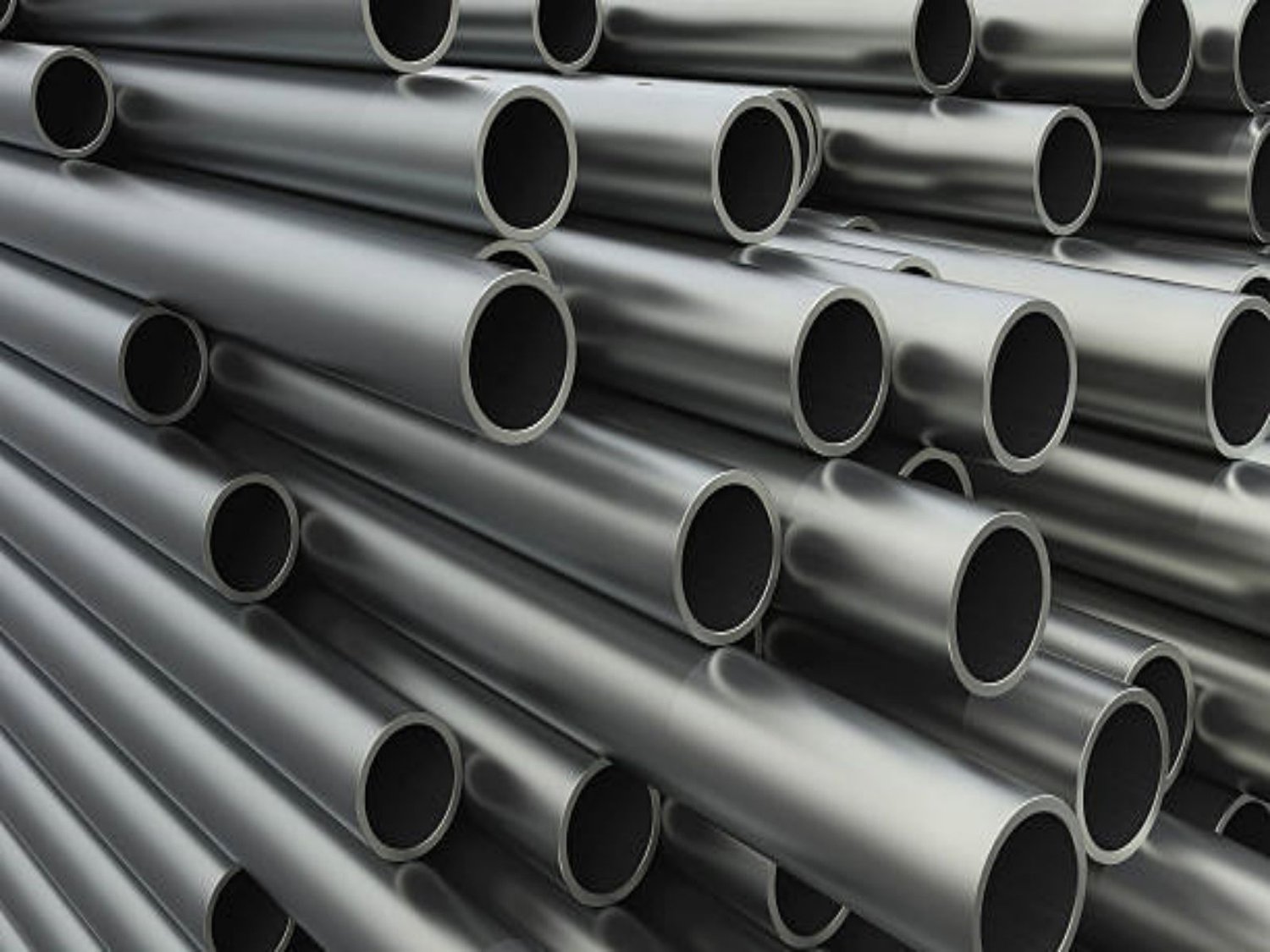Table of Contents

Advantages and Disadvantages of Titanium Tubes in Various Applications
Titanium is a versatile and widely used metal in various industries due to its exceptional properties. One of the common applications of titanium is in the form of tubes, which offer numerous advantages in different fields. However, like any other material, titanium tubes also have their drawbacks. In this article, we will explore the advantages and disadvantages of titanium tubes in various applications.
Advantage 1: Lightweight and High Strength
One of the primary advantages of titanium tubes is their lightweight nature combined with high strength. Titanium has the highest strength-to-weight ratio among all metals, making it an ideal choice in industries where weight reduction is crucial. Industries such as aerospace, automotive, and sports equipment benefit greatly from the use of titanium tubes as they help improve fuel efficiency and overall performance.
Advantage 2: Corrosion Resistance
Titanium tubes exhibit exceptional corrosion resistance, especially in harsh environments. Unlike other metals, titanium forms a protective oxide layer on its surface when exposed to oxygen, which prevents further corrosion. This property makes titanium tubes suitable for applications in chemical processing, oil and gas, and marine industries, where exposure to corrosive substances is common.
Advantage 3: Heat Resistance
Another advantage of titanium tubes is their excellent heat resistance. Titanium has a high melting point and can withstand extreme temperatures without losing its structural integrity. This characteristic makes titanium tubes ideal for use in heat exchangers, power generation equipment, and other high-temperature applications.
Advantage 4: Biocompatibility
Titanium is biocompatible, meaning it is compatible with the human body and does not cause any adverse reactions. This property makes titanium tubes suitable for medical applications such as implants, prosthetics, and surgical instruments. The biocompatibility of titanium also extends its use in the dental industry for implants and orthodontic appliances.
Advantage 5: Excellent Ductility
Titanium tubes possess excellent ductility, which means they can be easily formed and fabricated into different shapes and sizes without losing their structural integrity. This property allows for the production of complex and intricate designs, making titanium tubes a preferred choice in industries such as architecture, jewelry, and art.
Disadvantage 1: High Cost
One of the main disadvantages of titanium tubes is their high cost compared to other metals. The extraction and processing of titanium require specialized equipment and techniques, which contribute to its higher price. This cost factor limits the widespread use of titanium tubes in certain industries where budget constraints are a significant consideration.
Disadvantage 2: Difficult Machinability
Titanium is known for its poor machinability compared to other metals. It has a tendency to work-harden, resulting in tool wear and increased machining time. Specialized tools and techniques are required to machine titanium tubes effectively, making the manufacturing process more challenging and time-consuming.
Disadvantage 3: Low Thermal Conductivity
While titanium tubes excel in heat resistance, they have relatively low thermal conductivity. This means they are not as efficient in transferring heat as some other metals. In applications that require rapid heat transfer, such as heat exchangers, alternative materials with higher thermal conductivity may be more suitable.
Disadvantage 4: Limited Availability
Titanium is not as abundant as other metals, and its extraction and production are relatively complex processes. This limited availability can lead to difficulties in sourcing titanium tubes, especially in large quantities or specific sizes. Additionally, the dependence on a few primary titanium producers worldwide can result in price fluctuations and supply chain challenges.
Disadvantage 5: Sensitivity to Contamination
Titanium is sensitive to contamination by certain elements, such as hydrogen and nitrogen. Even small amounts of these impurities can significantly reduce the mechanical properties of titanium, including its strength and corrosion resistance. Strict quality control measures are necessary during the production and handling of titanium tubes to avoid contamination and ensure their optimal performance.
